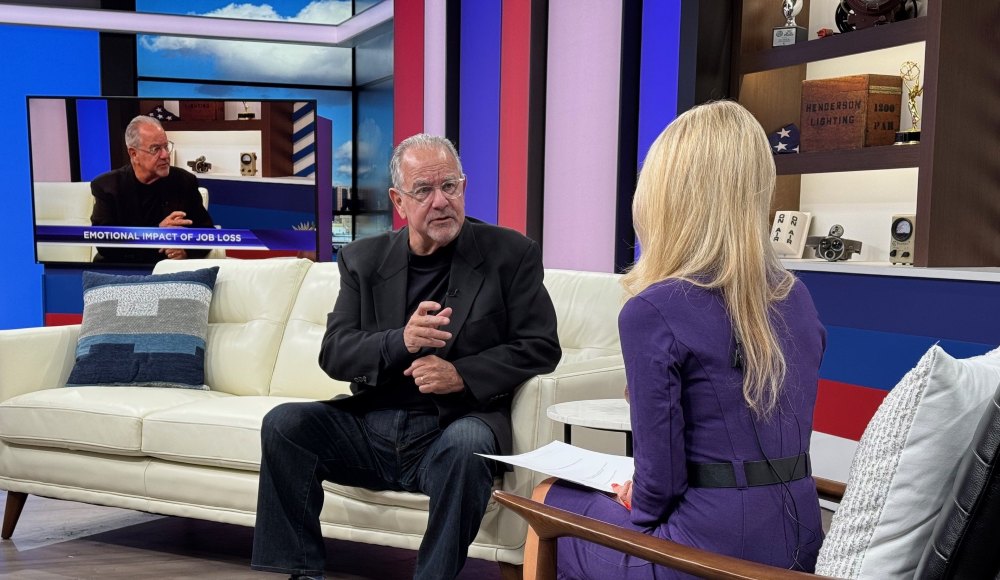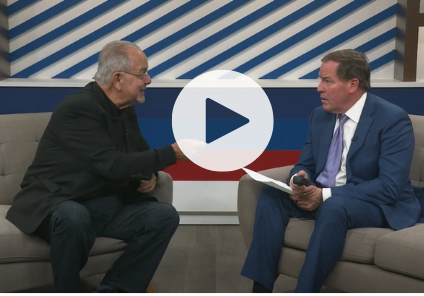Lying is a necessary part of the addiction cycle. Addicts lie to employers, friends, families, and (perhaps most devastatingly) themselves. Honesty would mean owning up to actions, admitting you have a problem, all of the things that seem so very hard until you hit rock bottom.
It’s easy to forget that some addicts who hit rock bottom don’t get back up.
That won’t happen to me.
It’s another lie addicts tell themselves.
High functioning addicts are especially good at fooling themselves into thinking that they have their addiction under control. If you have a good job, stable relationships, and a nice home, it’s easy for you and those around you to assume everything is fine.
Take Lisa Smith, former NYC lawyer and author of Girl Walks Out of a Bar. During a recent podcast, she shared some of the lies she told herself before choosing recovery.
1. I’m just blowing off steam.
Lisa’s drinking began as a way to relax after a stressful week of school/work/relationships.
Using alcohol as a way to manage stress leads to dependency.
2. Other cultures drink during the day, so it’s okay if I do it, too.
She found herself justifying the need to drink during the day in addition to the evening. Her excuse? In France, they drink at lunchtime.
Rules and justifications are some of the first signs that a person’s alcohol use is out of control.
3. I’m still doing well at my job, so I’m fine.
No one around Lisa could tell that she had a problem, even when she began using cocaine.
4. I’ll get fired.
Lisa checked into a rehab facility in secret because she was afraid to speak with her employers about her problem.
When she did come clean, her employers were understanding. The American Bar Association is well aware that 1 in 5 lawyers have a problem with alcohol, and they offer Lawyer Assistance Programs in an effort to lower that statistic.
5. I’ll lose my friends if I stop drinking.
She wasn’t sure how she’d fit into her social circle when so much of it revolved around going to the bar on Friday nights.
Now, they go to lunch and museums on Saturdays.
Lisa’s wakeup call came when she collapsed on the floor of her apartment, believing she’d overdosed. “I don’t want to die here, and I need to get help,” she thought. It turned out she was only having a panic attack.
Not every high functioning addict is quite so lucky.
If any of these lies sound familiar, I urge you to reach out to someone, somehow. Use social media, find a peer support group like Lawyers Depression Project, contact a crisis coach such as myself…just get help!

© 2021 Scott H. Silverman, “Your Crisis Coach”
About Scott H. Silverman: Scott has been fighting against addiction for over 20 years, one person, speech, and book at a time. Contact Scott by calling (619) 993-2738 or visit Your Crisis Coach to learn more about Scott’s work and public appearances. You can buy a copy of his latest book “The Opioid Epidemic” here. Scott is the Founder and CEO of Confidential Recovery, an outpatient addiction treatment program in San Diego.






